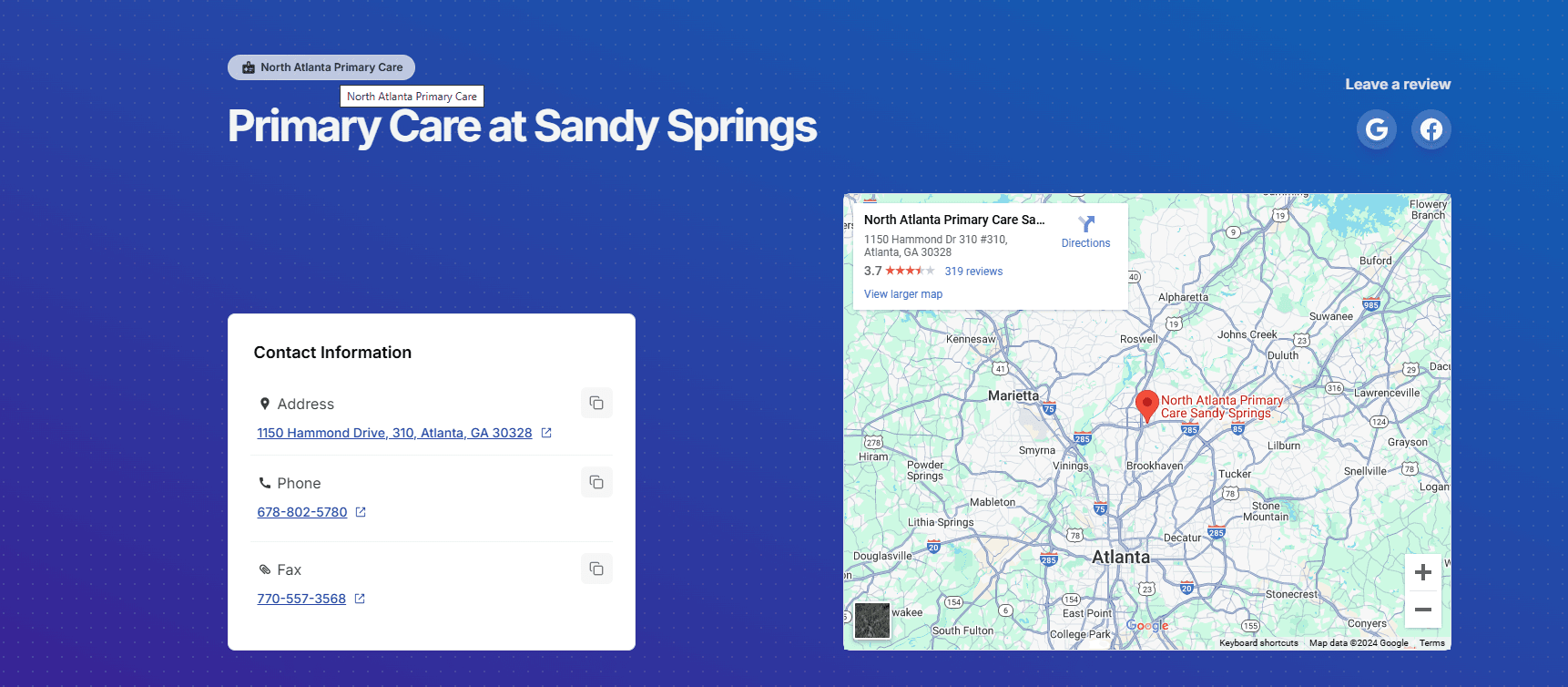The holiday season is often regarded as the most wonderful time of the year. However, it can also be a source of significant stress for families, young professionals, and older adults alike. From juggling work obligations to hosting family gatherings, the challenges can feel overwhelming. Fortunately, with effective strategies for managing holiday stress, you can enjoy the season while prioritizing your family’s health and well-being.
Understanding Holiday Stress
Holiday stress is a common experience that affects individuals across all age groups, but families with children, young professionals, and older adults often feel it most acutely. Understanding the psychological and physiological factors behind this stress is vital for effective management.
Studies show that stress can lead to various health complications, exacerbating chronic conditions such as diabetes and hypertension, and negatively impacting mental health. According to the American Psychological Association, holiday-related stress can manifest as fatigue, irritability, and anxiety.
Identifying Sources of Stress
Family Dynamics
Family gatherings can be a double-edged sword. While they create opportunities for connection and joy, they can also bring underlying tensions to the surface. For families with children, the pressure to create a magical holiday experience can lead to stress. For older adults, the shift in family dynamics, such as losing loved ones or dealing with family conflicts, can be particularly challenging.
Financial Pressures
The holidays often come with increased financial burdens, including gift buying, entertaining, and travel expenses. Young professionals may feel the need to splurge to impress family or friends, while older adults on fixed incomes can find this particularly stressful.
Time Constraints
For working families, balancing work responsibilities and holiday preparations can lead to overwhelming schedules. Juggling multiple commitments, from office parties to school events, requires effective time management—a skill that may not always be possible during the bustling holiday season!

This clinic is open on Saturdays! Schedule online or walk in from 8:00AM to 12:00PM.
Preventive Care and Chronic Conditions
Managing holiday stress effectively includes prioritizing preventive care and addressing chronic conditions that may be exacerbated during the holiday season.
- Preventive Screenings: Ensure that everyone in your family has completed their preventive screenings. Regular check-ups with healthcare professionals can help catch potential health issues early.
- Chronic Disease Management: If you or family members have chronic conditions such as diabetes, asthma, or heart disease, maintaining consistent management during the holidays is essential. This includes medication adherence, diet management, and regular physical activity.
For more information on preventive care and chronic disease management, view our Primary Care Services.
Stress-Reduction Techniques for Families
Implementing effective stress-reduction techniques can significantly improve overall family well-being during the holidays.
Mindfulness and Meditation
Mindfulness practices, including meditation and deep breathing exercises, can help reduce stress. Consider scheduling family meditation sessions or mindfulness walks during the holiday season. Even short, five-minute periods of focused breathing can make a significant difference.

Physical Activity
Encouraging family physical activity is essential for managing holiday stress. Whether it’s taking a family hike, joining a community sports league, or doing yoga together, physical activity promotes the release of endorphins—hormones responsible for improving mood.
Healthy Eating
The holiday season is notorious for indulgence, but focusing on nutrition can help mitigate stress. Preparing healthy meals together as a family not only promotes bonding but also fosters healthier eating habits. Incorporate seasonal produce and encourage balanced meals with plenty of whole grains, lean proteins, and vegetables.
Specialized Care Considerations
As families navigate the complexities of holiday stress, specialized care may become more relevant in addressing health needs.
Women’s Health
Women often take on the bulk of holiday planning, which can lead to increased stress. Prioritize women's health by ensuring that regular gynecological check-ups and screenings are up to date. Discuss any concerns with healthcare providers, such as hormonal changes or stress-related symptoms.
Sports Medicine
For active families, holiday sports injuries can be a concern, especially with winter sports and increased physical activity. Consulting a sports medicine physician can provide valuable insights on injury prevention and recovery strategies to keep family members healthy and active during the holidays.
Creating Family Traditions
Establishing meaningful family traditions can help shift the focus from stress to joy. Consider the following:
- Volunteer Together: Find opportunities for family volunteering during the holiday season. Helping others can foster a sense of gratitude and community, reducing personal stress levels.
- Game Nights: Designate a night for family games. Game nights can be an excellent way to unwind and build relationships, providing laughter and joy amid the holiday rush.
- Nature Outings: Engage in outdoor family activities to enjoy nature and promote relaxation. Schedule outings in local parks or nature reserves to bond over shared experiences.
Managing Expectations
It's essential to manage expectations during the holidays. While it’s easy to get caught up with creating the perfect holiday experience, having realistic expectations can alleviate unnecessary stress.
- Set Boundaries: Be clear about what you can and cannot do. Communicate openly with family members about expectations and limitations to avoid overcommitment.
- Focus on Quality Over Quantity: Instead of trying to do everything, focus on a few key holiday activities that bring your family the most joy.
When to Seek Professional Help
If holiday stress becomes overwhelming and starts affecting your health or relationships, seeking help from a mental health professional is crucial. Therapists can provide coping strategies and support during trying times.
If you find yourself feeling persistently anxious, depressed, or unable to cope with daily activities, consider reaching out to a healthcare provider for further guidance. Resources like talking to a primary care physician or mental health professional can be invaluable.
Conclusion
The holiday season can be both a joyous and stressful time for families. By understanding the sources of holiday stress and implementing effective management strategies, families can enjoy a healthier, more fulfilling holiday experience. Remember to prioritize preventive care, address chronic conditions, and maintain a focus on health and wellness.
To learn more about managing your health and family well-being during the holiday season, visit our Primary Care Services.



